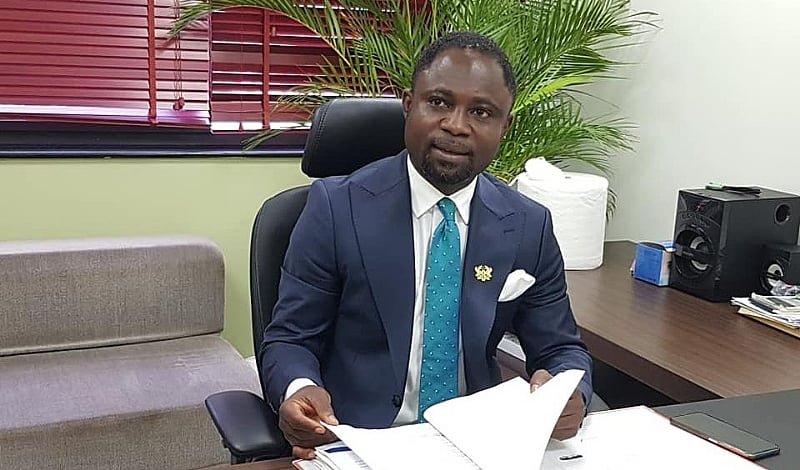The Ghanaian health sector is facing a significant funding gap for vaccine procurement, with the Minister of Health, Kwabena Mintah Akandoh, revealing a need for approximately $25 million to secure the necessary vaccines for the year. This substantial financial requirement comes amidst a worrying trend of declining donor support, particularly from international partners who have historically played a crucial role in supplying vaccines to the country. The Minister expressed deep concern over this development, emphasizing the challenges it poses to maintaining adequate immunization coverage and safeguarding public health. This funding shortfall underscores the growing financial burden on the Ghanaian government to sustain essential health programs and highlights the need for exploring alternative funding mechanisms to ensure the uninterrupted supply of vital vaccines.
The dwindling donor support can be partially attributed to funding cuts implemented by the previous US administration under President Donald Trump. These cuts to USAID, a key partner in Ghana’s health sector, have had a ripple effect, impacting not only the availability of vaccines but also the supply of essential drugs and the overall financial stability of the healthcare system. This reduction in external assistance has forced the Ghanaian government to assume a greater financial responsibility for procuring vaccines, a responsibility previously shared with international partners. The Minister’s statement reflects a growing awareness within the government about the need to develop a more sustainable and self-sufficient approach to healthcare financing, reducing reliance on external aid and prioritizing domestic resource mobilization for health.
The Minister’s disclosure during a meeting with the Pharmaceutical Society of Ghana underscores the seriousness of the situation and the potential implications for public health. The $25 million required represents a significant investment, particularly in the context of competing budgetary demands and the existing financial constraints within the health sector. The inability to secure these funds could jeopardize the nation’s immunization programs, potentially leading to outbreaks of preventable diseases and undermining the progress made in improving public health outcomes. The meeting served as a platform to raise awareness about the financial challenges and to initiate discussions with stakeholders, including the pharmaceutical industry, on potential solutions and collaborative efforts to address the funding gap.
The withdrawal of donor support and the resulting financial burden create an urgent need for the Ghanaian government to explore diversified funding strategies for vaccine procurement. This could include increasing budgetary allocations for health, exploring innovative financing mechanisms such as public-private partnerships, and strengthening domestic resource mobilization efforts. Furthermore, exploring opportunities for regional collaborations and leveraging the collective bargaining power of African nations could enhance access to affordable vaccines and reduce dependence on individual donor countries. The government’s commitment to securing the necessary funding demonstrates a recognition of the importance of immunization programs and a willingness to prioritize investments in preventative healthcare.
Beyond the immediate financial implications, the situation highlights the broader need for strengthening the overall resilience of the Ghanaian health system. This includes investing in human resources, improving healthcare infrastructure, and strengthening supply chain management systems to ensure efficient and equitable distribution of vaccines and other essential health commodities. Building a more robust health system will not only enhance the country’s capacity to respond to current challenges but also improve preparedness for future health emergencies and reduce vulnerability to external shocks. A comprehensive approach to health system strengthening will contribute to long-term sustainability and ensure that essential health services are accessible to all Ghanaians.
The Minister’s statement serves as a call to action for both domestic and international stakeholders to collaborate in addressing the funding gap and ensuring the continued success of Ghana’s immunization programs. The government’s commitment to securing the necessary funding, coupled with collaborative efforts with partners in the pharmaceutical industry and the international community, will be critical in overcoming this challenge and safeguarding the health of the Ghanaian population. This collaborative approach, combined with strategic investments in health system strengthening, will pave the way for a more sustainable and resilient health sector capable of meeting the healthcare needs of all citizens.














